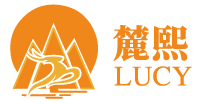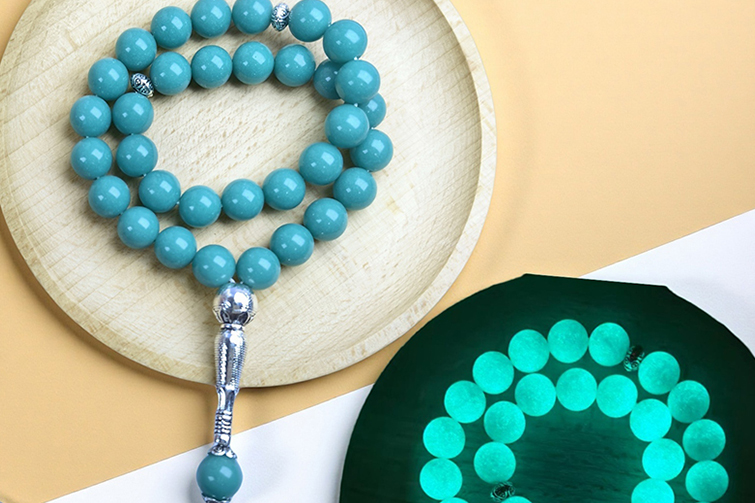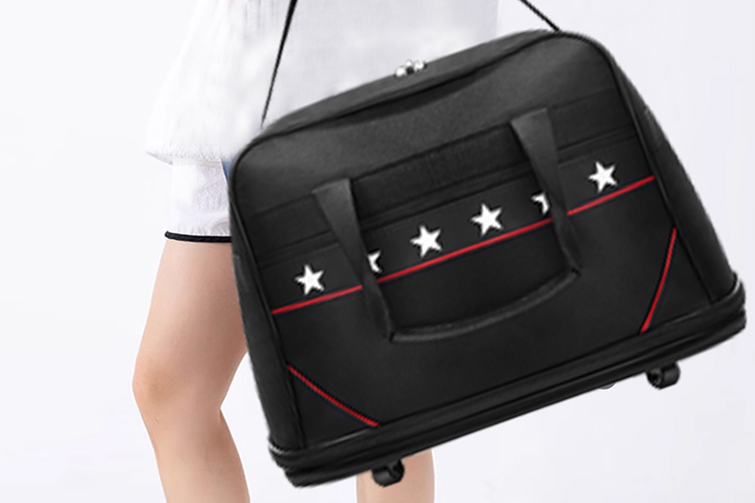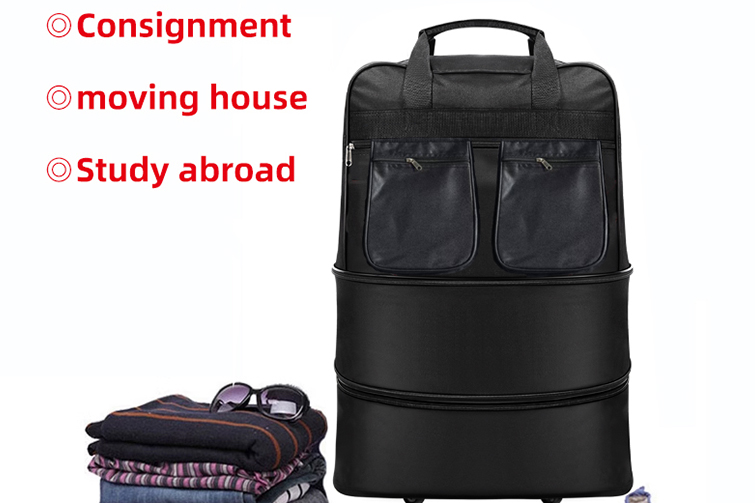
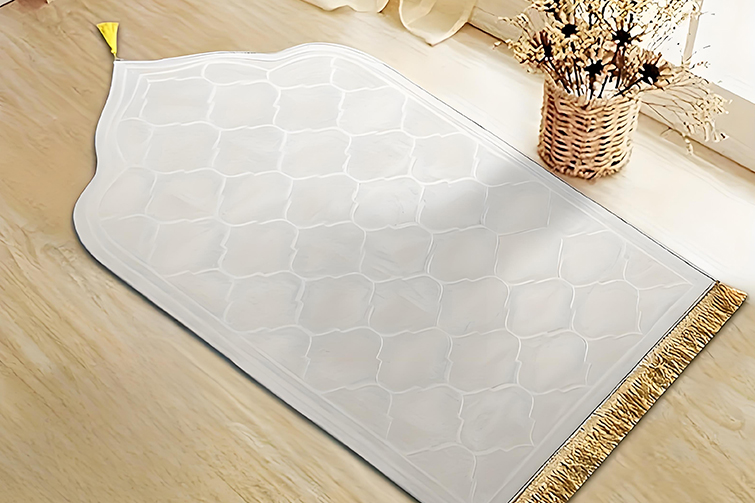
Choosing the Right Material for Multifunctional Prayer Mats in the Middle East
When selecting a prayer mat, particularly one designed for special religious journeys like Hajj, Umrah, and Ramadan in the Middle East, it's crucial to consider the climate, comfort, and durability. Muslim travelers have unique needs during their spiritual travels, so the prayer mat must accommodate these requirements while also adhering to cultural norms. Here are some of the best materials to consider when choosing a multifunctional prayer mat for the Middle Eastern market:
1. Cotton
Cotton is one of the most popular materials for prayer mats due to its natural properties. It is soft, breathable, and moisture-absorbent, making it ideal for hot climates where comfort during long hours of prayer is paramount. In the Middle East, where the temperature can reach extreme levels, cotton prayer mats can help keep the user cool and comfortable.
- Advantages: Soft, breathable, and excellent moisture absorption.
- Best for: Long prayer sessions in hot weather, comfort during extended use.
2. Polyester
Polyester is a synthetic material known for its durability and resistance to wrinkles and stains. Polyester prayer mats are also easier to clean and maintain compared to natural fabrics like cotton. It’s an excellent choice for frequent travelers as the material is both lightweight and easy to carry. Additionally, polyester is highly resistant to wear and tear, making it a reliable option for daily use.
- Advantages: Durable, easy to clean, water-resistant.
- Best for: Frequent use, travel, and rough conditions.
3. Wool
For colder climates or seasons, wool prayer mats provide superior insulation. Wool is naturally warm and has the ability to regulate temperature, making it suitable for the cooler mornings or evenings that may occur during religious travel. Moreover, wool is naturally dirt-resistant and hypoallergenic, providing added comfort for the user.
- Advantages: Warmth, temperature regulation, hypoallergenic.
- Best for: Cold weather or those who need extra warmth during prayer.
4. Cotton-Polyester Blend
A cotton-polyester blend combines the best properties of both natural and synthetic fibers. It offers the softness and breathability of cotton, alongside the durability and easy maintenance of polyester. This blend is a great option for prayer mats that need to balance comfort with practicality.
- Advantages: Soft, durable, easy to clean, moisture-wicking.
- Best for: Daily use, travel, and comfort.
5. Bamboo Fiber
Bamboo fiber is a newer, eco-friendly material that has become increasingly popular due to its natural antibacterial properties. Bamboo is softer than cotton and has excellent moisture-wicking abilities, making it ideal for extended use during prayer. Additionally, bamboo fiber is breathable and gentle on the skin, ensuring comfort throughout long prayer sessions.
- Advantages: Antibacterial, eco-friendly, breathable, and soft.
- Best for: Those seeking an environmentally friendly option and extended comfort.
6. Waterproof Fabrics
For outdoor or more rugged environments, waterproof fabrics such as nylon or PVC-coated materials can be a great choice. These materials ensure the prayer mat remains dry and protected from moisture, especially when used in areas with high humidity or during unexpected rainfall. Waterproof mats also provide a layer of protection against dirt and sand, which is particularly beneficial in desert climates like those found in the Middle East.
- Advantages: Waterproof, moisture-resistant, easy to clean.
- Best for: Outdoor use, desert environments, or unexpected weather conditions.
Conclusion
When choosing a multifunctional prayer mat for the Middle Eastern market, it is important to select materials that cater to both comfort and durability, while also considering the local climate and cultural preferences. Cotton and cotton-polyester blends are ideal for hot climates, offering breathability and comfort. Polyester is excellent for frequent travelers looking for durability and easy maintenance. For colder conditions, wool provides warmth, while bamboo fiber offers an eco-friendly, antibacterial option for those seeking sustainable solutions. Finally, waterproof materials are perfect for outdoor environments, ensuring the mat remains dry and functional even in unpredictable conditions.
